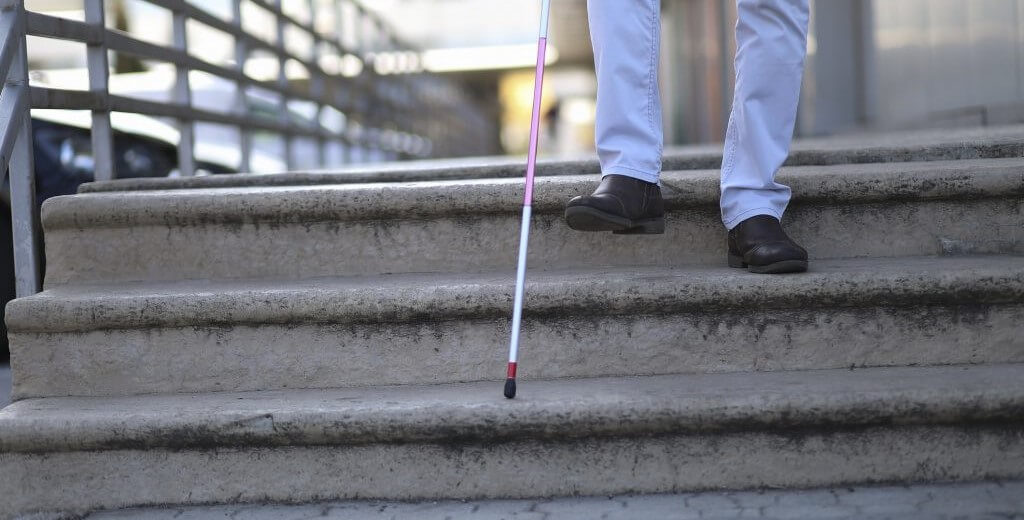Haptic help for blind people

Novel’s capacitive force sensors could be used to create a tactile interface for blind people, allowing them to navigate their environment and interact with objects through touch. These sensors could be integrated into canes, walkers, or other assistive devices to provide haptic feedback and alert the user to obstacles or changes in terrain. Additionally, capacitive force sensors could be integrated into smart home devices, such as door handles or appliances, to provide tactile feedback and allow blind individuals to independently operate these devices.
As novel offers sensor systems, which include both a capacitive force sensor and the ability to store data, this device could potentially make the life of blind people easier by allowing them to create and store their own tactile maps of their environment. The device could use the capacitive force sensor to gather information about the layout of a space, such as the location of furniture, stairs, or obstacles. The device could then store this information and use it to provide haptic feedback to the user as they navigate the space. The device could also be used to create and store tactile maps of new or unfamiliar environments, allowing the user to explore these spaces with greater confidence.
Additionally, this device could also have a feature which allows to scan and recognize objects with the sensor and store the information of the object in the device, which can be used to identify the object when the user touches it next time. This could help the blind person in their daily life by identifying everyday objects, such as keys, wallets, and household items.
Furthermore, the device could also be connected to the internet, which allows to share the tactile maps with other blind people, and also get updates on the environment, for example, a construction site or a closed street.
Overall, the device could function as a multi-functional tool that provides the blind person with more independence, confidence, and accessibility in their daily life.
